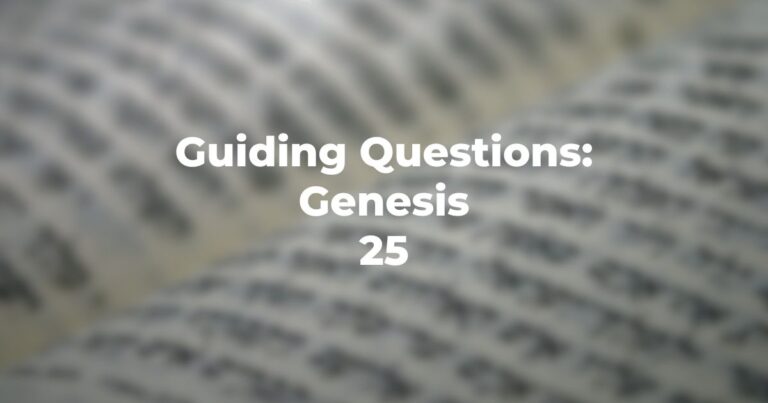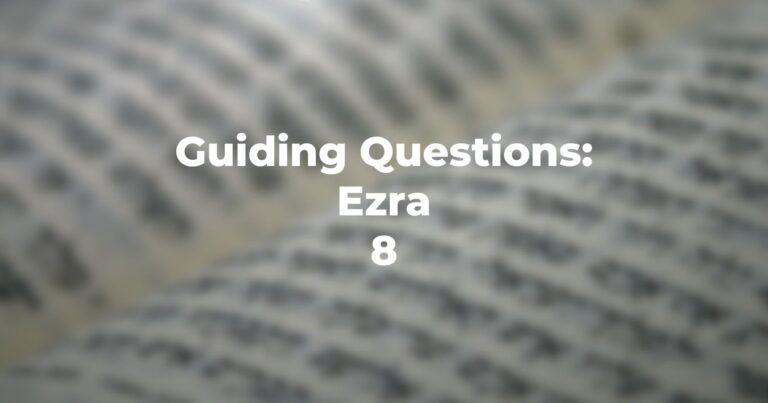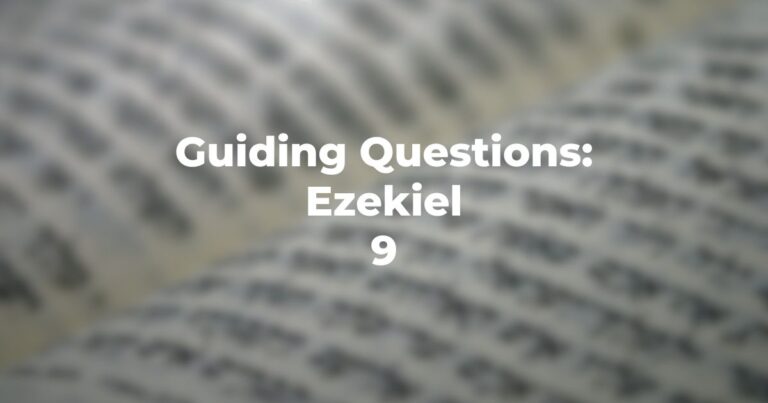- What is the reversal of events described in Esther 9:1? For Biblical writers who is considered the true author of history? Is this a conscious omission?
- Esther 9:2 speaks of the people’s fear of the Jews; Esther 9:3-4 speak of the nobility’s fear of Mordecai. Of what were they afraid?
- What kind of support do you conjecture was given to the Jews by the nobility (Esther 9:3)? Is there a deliberate omission again of the true source of support? (see Psalms 121:1-2)
- What reasons can you think of for the ancient custom of printing all the names of Haman’s sons in a perpendicular column (Esther 9:7-9) and of chanting all the names in one breath?
- Why does the author take such great pains to stress on three separate occasions (Esther 9:10 and Esther 9:15-16) that the Jews took no spoil, though the edict permitted them to plunder (see Esther 8:11)?
- What mitigating circumstances or reasons can we attribute to Esther’s two requests in Esther 9:13? Was the motivation vengeance or practical and realistic?
- In all of these events and even in the celebration afterwards, where is the God of Israel? Why is there an apparent conscious effort to eliminate God from the book?
- The celebration of this new festival begins to take shape. What are the components of the celebration recorded in Esther 9:17? What new facet is added in Esther 9:19? What important addition is made in Esther 9:22? What two further ingredients are incorporated in Esther 9:31? What religious aspects have still not been mentioned?
- How long is the celebration of Purim according to Esther 9:27? Does this agree with Esther 9:19 or Esther 9:21-22?
Author
-

Exploring Judaism is the digital home for Conservative/Masorti Judaism, embracing the beauty and complexity of Judaism, and our personal search for meaning, learning, and connecting. Our goal is to create content based on three core framing: Meaning-Making (Why?), Practical Living (How?), and Explainers (What?).
View all posts




